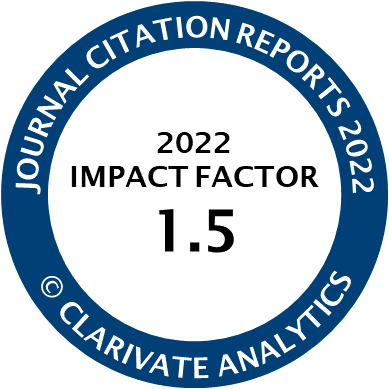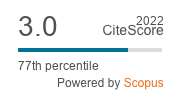Article | Open Access
Childlessness and Barriers to Gay Parenthood in Czechia
| Views: | 1299 | | | Downloads: | 682 |
Abstract: This mixed‐methods article focuses on childlessness and barriers to parenthood among non‐heterosexual men in Czechia. On the quantitative sample of 419 men (165 gays, 125 bisexuals, and 129 heterosexuals with same‐sex romantic/sexual attraction), recruited on a representative online panel, we map the parenting desires, intentions, and perceived barriers to parenthood. Our analysis identifies a substantial group of gay men without parenting desires and intentions compared to heterosexuals and bisexuals, and the lack of legal recognition of same‐sex families as a crucial barrier to gay parenthood. The qualitative enquiry, based on semi‐structured interviews with 23 self‐identified gay men aged 25 to 47 years, explores how they reflect on (not) becoming parents and contextualises those reflections. The deployed concept of “parental consciousness” captures the variety of considered pathways to gay parenthood and proves itself useful in understanding the low parenting desires and a generational shift among Czech gay men. We argue that men able to come out in their early adulthood in the post‐socialist context tend to have more diversified perspectives on possible pathways to parenthood. Among gaymen without children, we identified three distinct perceptions of the state: given childlessness, chosen childfree life, and a life stage/indecision. The informants pursuing parenthood have seen identity‐specific barriers to parenthood as crucial, which is discussed in the context of state selective regulations of the relational lives of persons with non‐normative identities. Although Czech gay men’s parental consciousness has increased, legal conditions remain crucial for increasing their real‐life options.
Keywords: barriers to gay parenthood; childlessness; Czechia; gay men; parenting desires and intentions
Published:
© Hana Hašková, Hana Maříková, Zdeněk Sloboda, Kristýna Pospíšilová. This is an open access article distributed under the terms of the Creative Commons Attribution 4.0 license (http://creativecommons.org/licenses/by/4.0), which permits any use, distribution, and reproduction of the work without further permission provided the original author(s) and source are credited.




